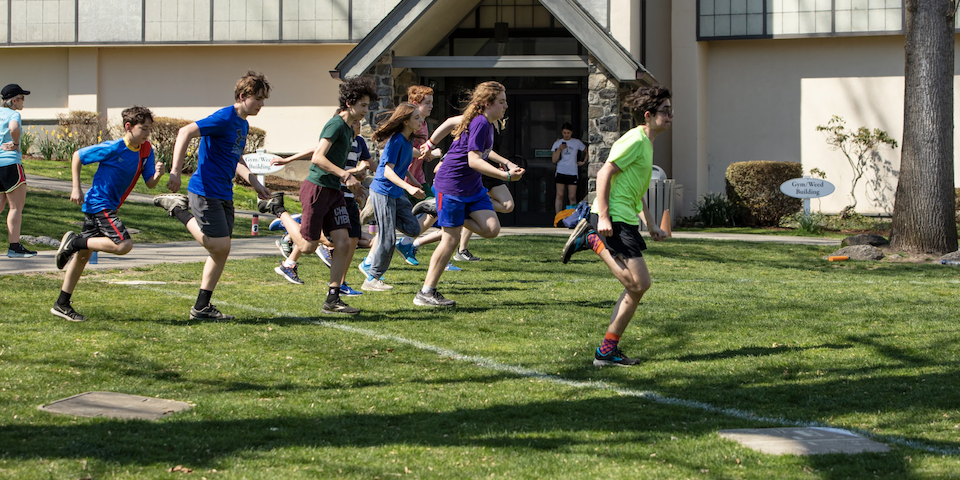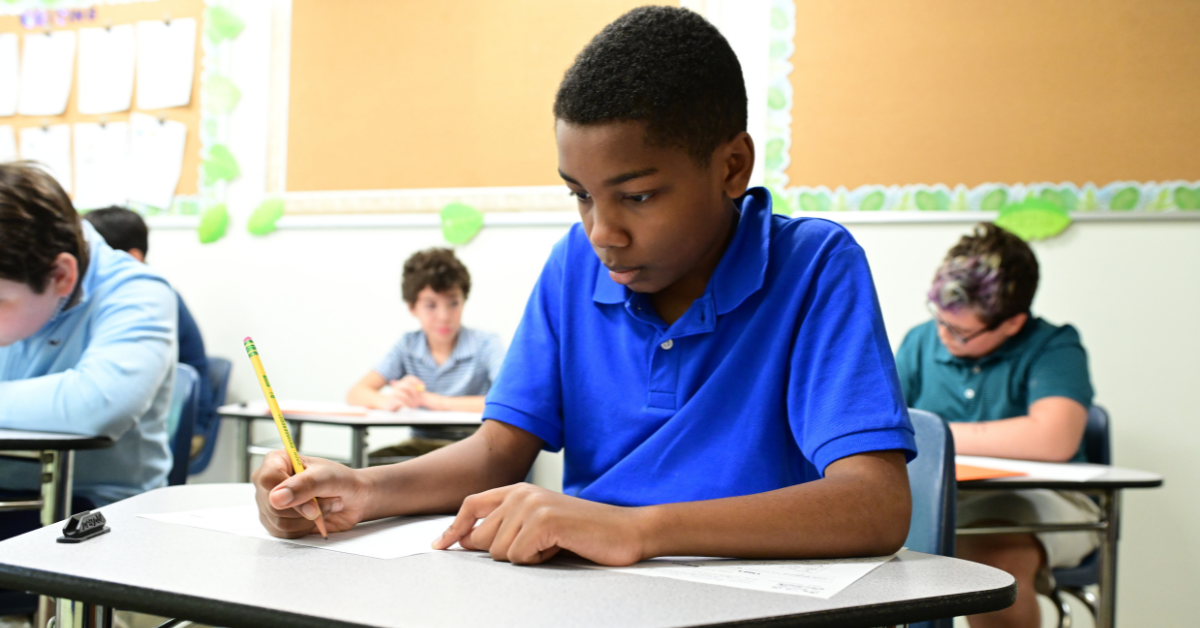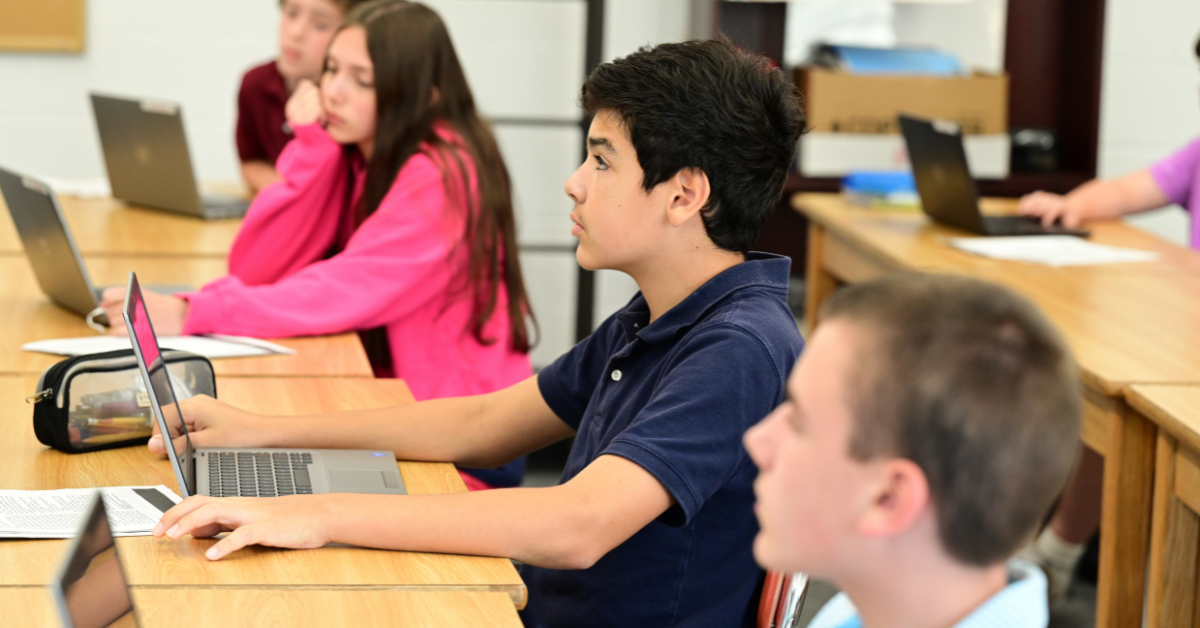Children with attention deficit-hyperactivity disorder (ADHD) often experience difficulty focusing, especially in the classroom. It doesn’t help that many educational settings are not necessarily conducive to learning differences, even ones as frequently diagnosed as ADHD. That’s why it’s important to make sure your child is equipped with the best skills to help them succeed in any environment.
There are more and more coping mechanisms and strategies available to help kids manage symptoms of their ADHD. Toys like fidget spinners are ideal for those kids who truly cannot sit still throughout the school day. This is where working with the teacher is so important because if they are aware of your child's condition, they may make provide resources or use differentiated lessons to help.
On that note, here are a few more tips that not only increase ADHD awareness but can also help your child in and outside of the classroom.
Use Daily Mantras
Daily mantras can help your child to focus on what they want to accomplish at school each day. Repeating mantras can remind them where to focus their attention when they are struggling to keep it together.
This is a good coping mechanism because it does not require any extra tools or resources. Rather, it is something that you can implement with your child each day to help them center themselves if they feel overwhelmed in the classroom. This makes it a valuable practice for improving social emotional learning (SEL).

Offer Positive Reinforcement
Kids struggling with ADHD often harbor anxiety or negative feelings about their behavior because it often feels so far out of their control. The more positive reinforcement you can offer as a parent, the more they can strive to behave in a way that nets them this feedback.
Find something each day that you can reinforce to them. Even making it to the end of the day is a victory. Sometimes, kids with ADHD just need to know that trying is enough, even if they don't always participate in a positive or constructive way during the school day.
Establish a Routine
The more consistent your child is with their daily routine, leading up to classroom time and during class, the more they will be able to effectively manage their ADHD, thereby encouraging the development of skills in executive functioning. Keep things as consistent as possible for your child and encourage them to follow a routine when they get to class each day.
Talk with them about following the same process each day, from where they put their personal items in the classroom to where they sit during reading time or what desk they have in class. Consistency is a major coping mechanism for kids dealing with ADHD and can be instrumental in helping students to feel more focused in class.
Encourage Your Child to Ask for Help
Encourage your child to ask for help when they need it. One of the reasons that raising ADHD awareness is so important is because it is an issue that needs to be de-stigmatized. Talk to your child about asking for help in the classroom when they need it.
They don't have to ask for help out loud to the teacher in a way that allows other students to hear. Show them how to approach the teacher for help in a more discrete way, so that they are not dealing with issues in the classroom without getting the intervention they need. Talk to them about asking for help as a way to be strong instead of seeing it as a weakness. Asking for help can show your child that they have the support necessary to overcome their learning differences in the classroom.
Find Opportunities for Physical Activity
Kids with ADHD do best when they are able to move around. When looking at classroom environments for your child, choose one that is as interactive as possible. This will ensure that your child has the best chance for learning in a way that caters to their ADHD. Plan some family getaways and make as many opportunities to get outdoors and enjoy nature.
Ask the teacher to provide as many opportunities as possible for your child to take physical breaks from sitting at a desk. Perhaps they can serve as a class messenger or a special aide to the teacher to deliver messages to the office or other teachers. The more your child can move around the classroom, the more likely they are to be able to sit still when they need to do so.

Mitigate Workloads
One of the tenets of ADHD awareness is understanding the role that learning differences play in educational workloads. Students with ADHD may not be able to handle the same workload distributed in the same way as their traditional learning counterparts. This reinforces the idea that working with your child's teacher is so important.
Perhaps your student can complete classwork at home if they are not able to focus for extended periods during the day. Perhaps the teacher is willing to break up the workload differently for your student to make it easier for them to complete the lesson in smaller increments. Helping your child cope in the classroom is a matter of playing to their strengths and weaknesses.
Work with the Teacher
If your child’s ADHD acts as a barrier to their learning, put together a plan of action with their teacher. Nine in ten kids receive support for ADHD and your school’s faculty is there as a resource. Schedule a conference with the teacher to alert them to your child's condition and ask them for in-classroom strategies to help manage this learning difference. When the teacher is aware of your child's diagnosis, they can provide alternatives as needed to ensure that they have the tools they need to learn effectively.
If you’re looking for a school that is specifically equipped to help, make sure to find out how hands-on the staff is, and how easy it is to get in touch to collaborate on strategies for your child.

About Eagle Hill School
Eagle Hill School is a private school for students with learning differences located in Greenwich, Connecticut. Their academic program is designed to help students struggling with learning differences like auditory processing disorder, dyscalculia, dyslexia, ADHD, executive functioning disorder, and dysgraphia. Specialized remedial learning programs are taught by experienced teachers who help students navigate through learning challenges, preparing them for bright futures ahead. Contact us to learn more.


